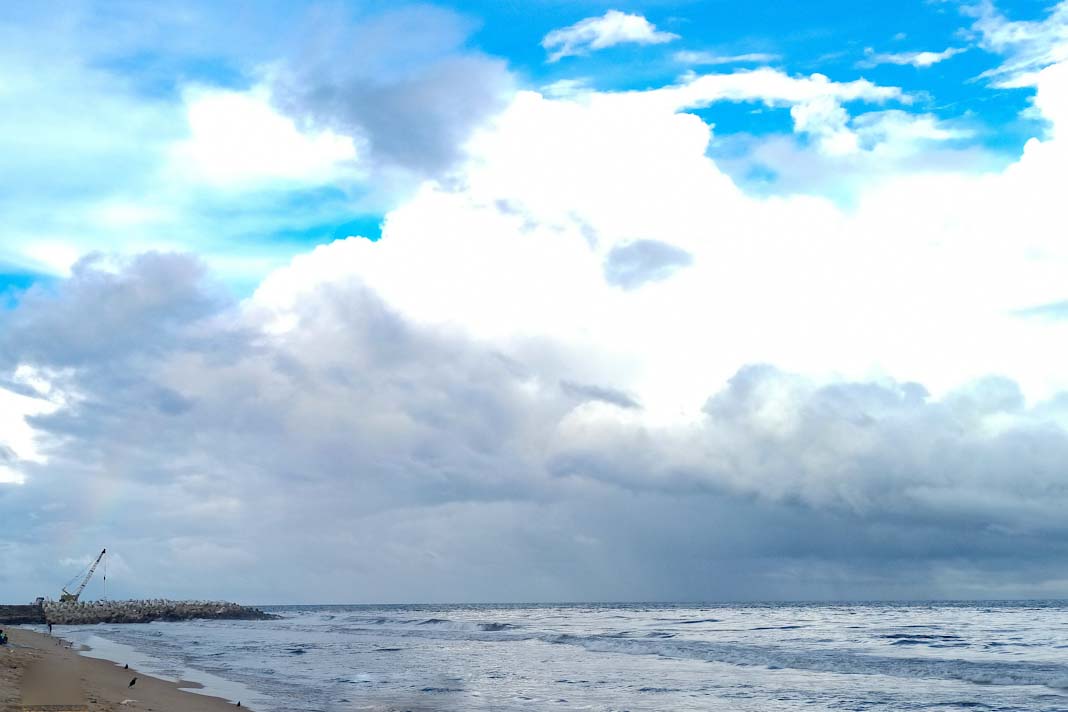The lack of a common IT backbone within the maritime sector, coupled with the need for stakeholders to invest in digital solutions to resolve increasingly more complicated operational issues onboard ships, dominated discussions at a Columbia Shipmanagement (CSM) conference held in front of the Norwegian shipping market in Oslo, reports Ship Management International.
About the conference
The three-hour conference, moderated by Columbia Group President and CEO Mark O’Neil, looked at how the use of compatible digital solutions could achieve operational and crew optimisation. The aim of the conference was to showcase the strength in depth of the Columbia Group to the important Norwegian market.
Columbia Shipmanagement, member of the Columbia Group, recently established CSM Northern Europe, to cater to the specific needs of the growing number of clients in Norway, offering its whole suite of services including full technical and crew management.
The hard-hitting panel included Knut Orbeck-Nilssen, CEO of Maritime at DNV; Pankaj Sharma, Managing Director at OneLink; Morten Aalen, Head of Risk Management at Norwegian Hull Club; and Charles Watkins, CEO of mental health specialist Mental Health Support Solutions.
Opening the session, Mr O’Neil said that while the aviation industry utilised a single IT backbone provided by SITA, there was a need for a similar IT ‘backbone’ for the maritime industry. Without that backbone, the maritime sector could not properly integrate with other players in the overall logistics sector, nor could it achieve the real levels of optimisation possible.
Knut Orbeck-Nilssen, CEO of Maritime at DNV said shipping had to invest in digitalisation to get the right result but that these results don’t come immediately, something which can hold back shipowners with ambitions to decarbonise. “We have to work on different things such as energy efficiency which can make vessel operation more complicated. Which is why we need digital solutions,” he said.
Understanding how our crew relates to these digital optimisation tools can make a difference, he said. There are lots of gains to be had in using digitalisation, but we also need to manage the cyber threats, he warned.
Asked whether the insurance sector needed to do more, Morten Aalen, from the Norwegian Hull Club said the sector certainly had a responsibility to learn more because it was still in the learning phase. Risk modelling must be affected by this lack of engagement, he told delegates.
Looking to the wellbeing of our seafarers, Charles Watkins, CEO of Mental Health Support Solutions, highlighted the issue of social media and the impact it can have on seafarers’ mental health. “We need to use digitalisation as a preventative tool, “to connect to people before things get bad”, he said.
The older generation of seafarers are more anxious about increased technology in the industry, he added, while the younger seafarers were more ready for change. “Cultural differences can also play a big role so a tailored approach is important. As an industry, we must have the proper measurements and protocols in place,” he said.
Looking to the issue of alternative fuels, Mr Orbeck-Nilssen said technology was important but so was information transparency as well as involving the crew and training the crew in the available options.
“With the EU-ETS coming in, many shipowners are becoming more concerned and investing more in available technologies such as route optimisation and carbon emission and submission” stated Captain Sharma. OneLink can provide a one stop shop solution and ease the training burden.
OneLink combines several revolutionary performance platforms under one umbrella, helping maritime operators manage the intricacies of vessel performance.
Did you subscribe to our daily Newsletter?
It’s Free! Click here to Subscribe
Source: Ship Management International
















